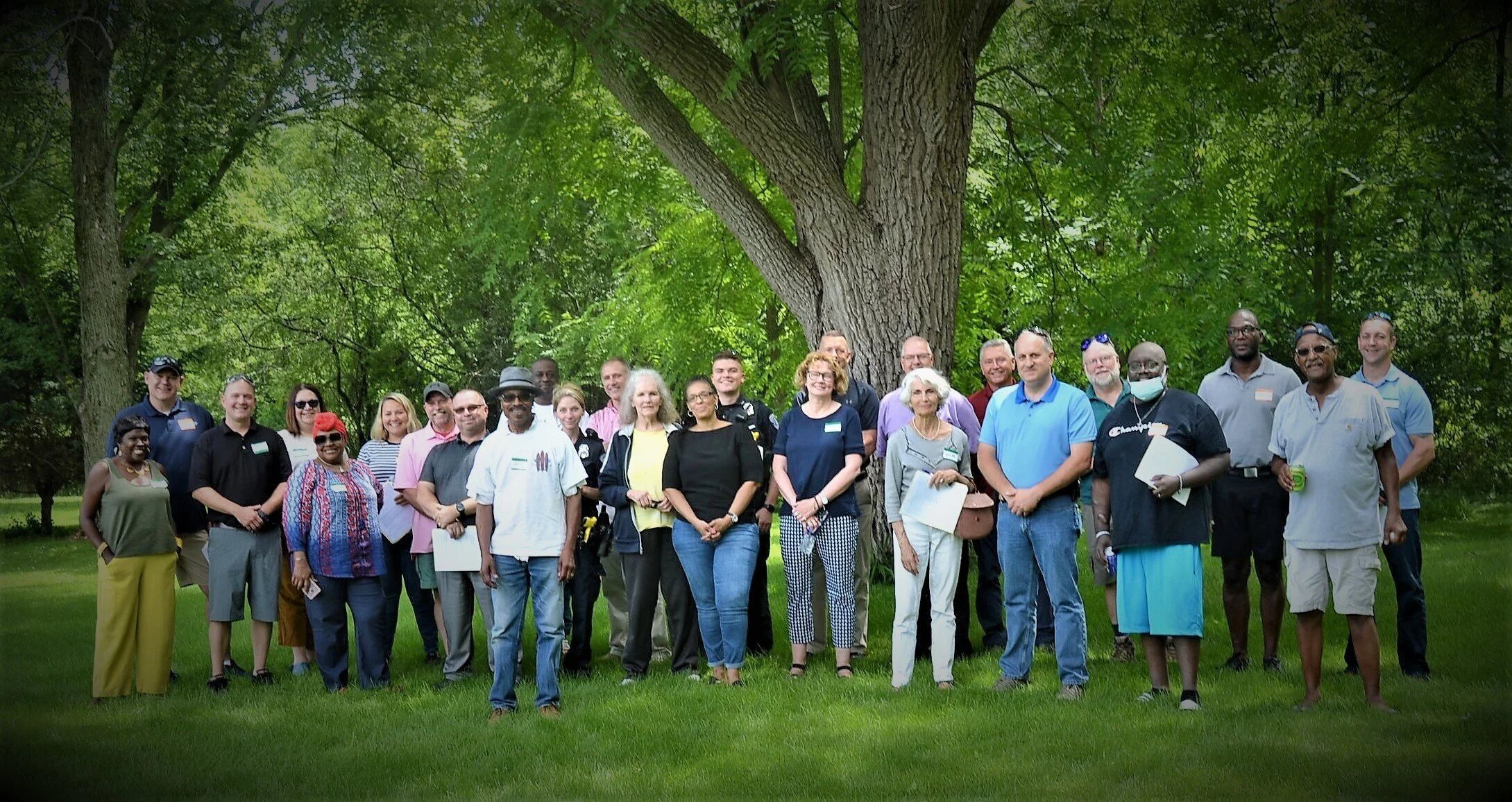Postscript William Berry Jr. Special to The Citizen, published March 7, 2021
William Berry Jr. Special to The Citizen
I thank The Citizen for publishing my February four-part series, “Rethinking Social Justice in the Age of Conflict and Rage.” These essays appeared prior to March 4, the date conspiracy theorists marked to “inaugurate” 45’s retaking of presidential power and preventing the devastation of white culture and its manifest destiny.
Locally, we have choices. We can expand equity in all societal platforms, continue to battle generational racism and systemic biases, as well as challenge others who spew racial animosity. We can also identify pathways to influence the national political mindset. Or we can embrace other options.
We can succumb to insidious thinking grounded in white nationalism. We can embrace leaders who cloak their agenda for racial superiority as they promulgate racially driven legislation or articulate derisive public statements. We can embrace the ongoing disregard for people of color by the criminal justice system. We can overlook acts of disrespect that belittle the dignity of others. We can continue to overlook economic disparities that have an adverse impact on the middle class. We can disregard those economic constraints that inevitably create barriers for working class whites to embrace Blacks in understanding who the enemy really is. We can fail to mount a strategy that challenges the one-percenters and corporate institutions that hide wealth behind U.S. tax laws, offshore tax havens and D.C. lobbyists. We can decide if America is a class-driven society even as it allows a few folks to achieve financial rewards just to maintain the artificiality of equitable capitalism.
We can seek solace in politicians who are wannabees to 45’s legacy of misinformation and conspiracies seeded in capriciousness. We can rationalize domestic terror as righteous protest and fail to categorize such acts as the antithesis of morality. We can neglect to see that all lives matter. Fail to embrace folks who are different in their gender identification and sexual orientation; ignore their lack of federal protections under law. We can support seditious efforts to dismantle our democratic institutions and spread the God/Bible rationale for dehumanizing other Americans. We can extol voter suppression and overlook inequities in health care.
These dilemmas challenge community social justice advocacy and human dignity.
In Auburn/Cayuga County, residents must determine what challenges impact our collective lives and how to tackle those controversial issues. So far this year, just in March, there are several community organizations sponsoring a 21-Day Equity Challenge, book clubs that are discussing antiracism, and profane flags remaining present on homes. There is initial planning for police/community bias training, and the work of elected leaders finalizing local government’s response to the governor’s statewide order to rethink policing and its relationship with communities. At some point, we will determine whether or not there is relevancy in the school district’s new diversity initiative as the renaming of the high school will influence community direction when the next school board elections occur. Furthermore, we will assess our generosity to fund a new downtown mural that will celebrate a hometown hero.
We live to enjoy our lives. We strive to better our community to enrich and empower the aspirations of our children and grandchildren. And unfortunately, many residents face daily decisions to stand or succumb, include or exclude, support or ignore.
I trust there is a community mindset that acknowledges equity in all phases impacting new operations, projects or public observances. With such a direction, we can embrace the quality of thought and accomplishments of all of society’s contributors. Rest assured, these social justice behaviors are not an effort to rewrite the past but to chart the future.
Past race-based thinking was an intentional decision to overlook, diminish and ignore the rainbow of contributors who broadened and strengthened the public welfare. Remedies to address “what should have been” are not a homage to diversity or even to “old-school” affirmative action obligations — not a scheme to rewrite the past, but to grasp it. Embrace it. An opportunity to address the faults of prior generations that can only be our faults if we fail to remediate wrongful actions.
Our task should be to correct those missteps that denied honor and recognition because of race, class or gender, and ensure our current actions are predicated on a standard grounded in fairness and non-discrimination. This is our task. And unlike Sisyphus, we can push this “boulder” over the top of the hill. In doing so, we will determine how and where we stand and create a pathway for the next generation of social justice leaders.
William Berry Jr. is the chair of the The Harriet Tubman Center for Justice and Peace Inc. and publisher of aaduna, an online literary and visual arts journal based in Auburn.



